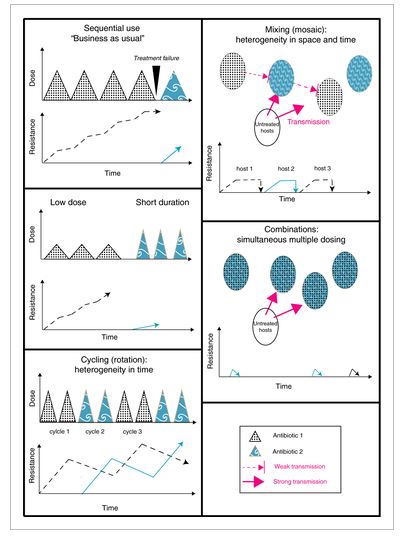Have you read this week a claim by the Harvard School of Public Health that Food Z is linked to cancer or from our U.S. National Institute of Environmental Health Sciences (NIEHS) claims Chemical X is linked to Harm Y?
It's technically true, though in high-profile cases like with the International Agency for Research on Cancer in France, what they leave out is that to create their statistical hazard, they use studies with up up to 10,000 times the normal dose. To create hazard, they torture data but because they were able to get a p-value>.05 they declare it statistically significant.
Eating sensibly is an important part of a healthy lifestyle but for some people this preoccupation with healthy eating can become physically and socially impairing. The condition, called Orthorexia Nervosa, is a patholofical obsession with "clean eating" and a new study finds it's more common among those who have a history of an eating disorder, obsessive-compulsive traits, dieting, poor body image, and an irrational drive for thinness.
Advocates for getting rid of gasoline love to use images from the 19th century, asking why the public is not using modern alternatives. They try to allege it is a corporate effort to suppress competitors but the argument doesn't work very well when they also argue in other areas that companies are only inventing new products to have something to sell.
Cigarette smoking among kids has continued to fall and since, as we have long noted, "smoking is a pediatric disease". if people don't take it up as children they likely never will. That will pay public health dividends. But with a problem about to be eliminated so is hundreds of billions of dollars that have been given to anti-smoking advocates, and many of them are scrambling to justify why their funding should continue.
An entire generation of parents was brought up believing that if hospitals used antimicrobial soap, then homes deserved it too. An entire generation of doctors were brought up in a defensive medicine culture and taught that if a patient really wanted something, like antibiotics for a flu, they had to get it, or lawyers and politicians would be using them for media soundbites. An entire generation of the public were taught that every drug should have the lower cost of generic versions, which has stymied creativity. An entire generation of regulators told us that the solution to a drug like Vioxx harming anyone was to double the cost and time of studies needed for approval.
In a world where "antibiotic resistance" has been a concern, not just among those opposed to medical science but by mainstream consensus, it may seem odd to discuss the benefits of preventative antibiotics, but a large randomized trial indicates that the World Health Organisation and other national organizations should change antibiotic guidelines, at least for assisted childbirth.
In 2016, an estimated 19,500 women died because of pregnancy-related infections globally. Even in high-income settings, infections account for 1 in 20 maternal deaths, and as many as 1 in 8 in the USA. For every woman who dies from pregnancy-related infection, another 70 women develop a severe infection and survive often with long-term health consequences.
 What Next For Messenger RNA (mRNA)? Maybe Inhalable Vaccines
What Next For Messenger RNA (mRNA)? Maybe Inhalable Vaccines Toward A Single Dose Smallpox And Mpox Vaccine With No Side Effects
Toward A Single Dose Smallpox And Mpox Vaccine With No Side Effects ChatGPT Is Cheaper In Medicine And Does Better Diagnoses Even Than Doctors Using ChatGPT
ChatGPT Is Cheaper In Medicine And Does Better Diagnoses Even Than Doctors Using ChatGPT Even After Getting Cancer, Quitting Cigarettes Leads To Greater Longevity
Even After Getting Cancer, Quitting Cigarettes Leads To Greater Longevity








